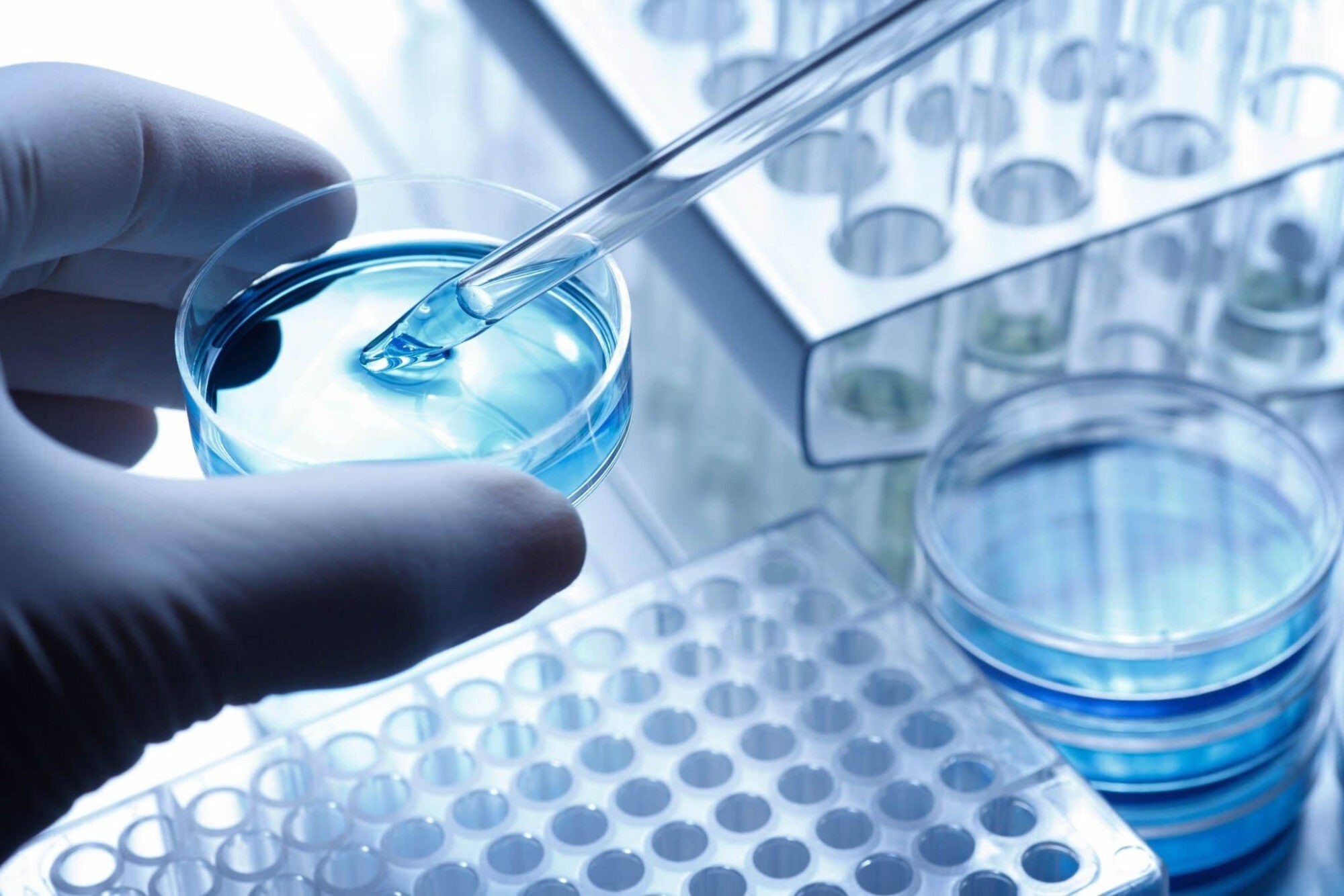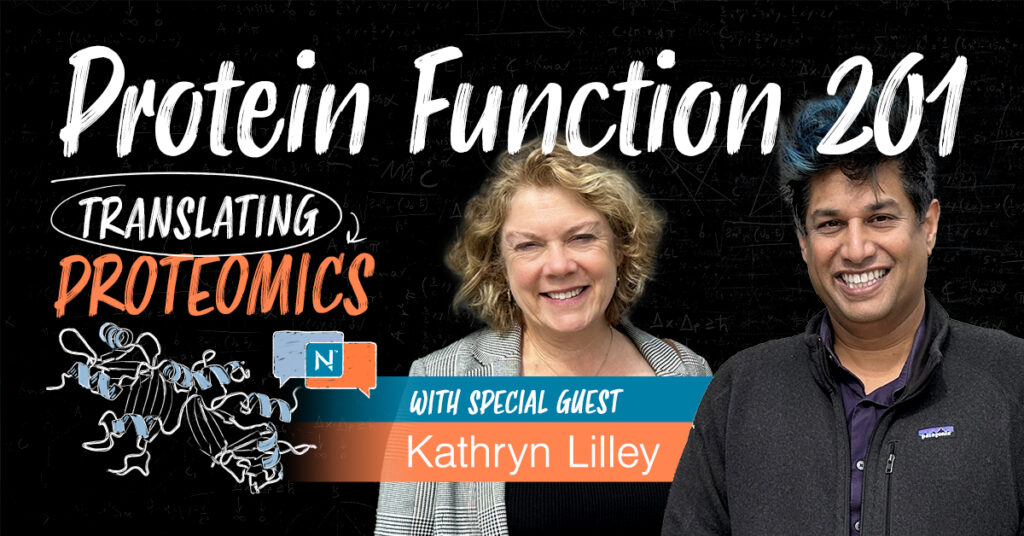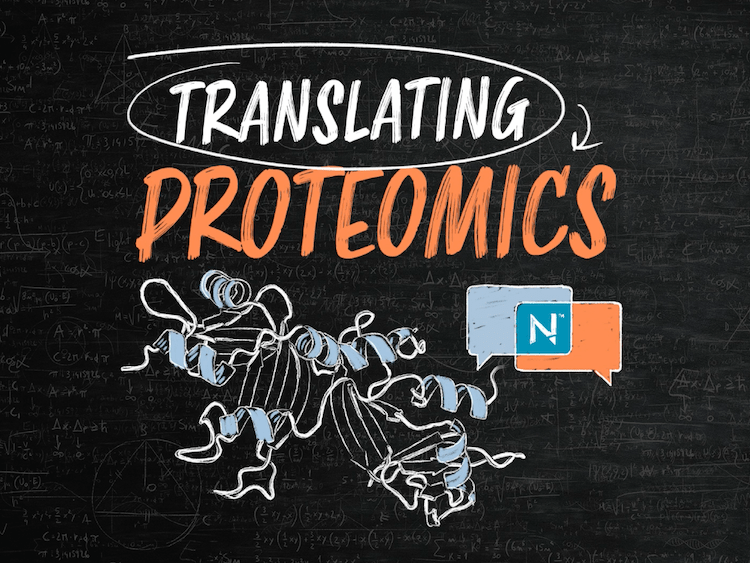
Protein Function 201 with Kathryn Lilley – Translating Proteomics Episode 10
Nautilus Biotechnology
October 17, 2024
Proteins adopt a wide variety of functions depending upon factors like their location in the cell, their modifications, and the biomolecules they interact with. While many of us may have been taught that single genes produce single proteins that have single functions, protein function is far more dynamic than that. In this episode of Translating Proteomics, Nautilus Co-Founder and Chief Scientist Parag Mallick sits down with University of Cambridge Professor and proteomics expert Kathryn Lilley to discuss our evolving understanding of protein function. They cover:
- How they came to realize protein function is more complex than one gene, one enzyme, one function
- Factors that give rise to the dynamic complexity of protein function including proteoforms, protein localization, and moonlighting
- Steps we can take to better understand and teach others about the complexities of protein function
Find this episode on Apple Podcasts, Spotify, or YouTube.
Chapters
- 00:00 – Introduction
- 2:09 – Factors that give rise to the complexities of protein function
- 9:00 – Are all the variants of proteins that can be made consequential? Why don’t we know?
- 12:28 – When the concept of protein structure and function changed for Parag and Kathryn
- 19:09 – The importance of understanding the complexities of protein function in order to drug proteins
- 20:38 – How much do proteins change localization and what does it mean?
- 28:38 – How much do proteins moonlight?
- 32:12 – How do we think about genetic associations given the complexities of protein function?
- 33:58 – How do we teach others about protein function when it is so complicated
- 38:34 – Staying motivated in the face of functional complexity
- 41:21 – Key takeaways with Parag and Andreas
Research diving into the complexities of protein function
- Research from the Beltrao Lab using bioinformatics techniques to identify functional phosphosites (Ochoa et al. 2020)
- Work from the Lilley Lab integrating techniques to investigate ome-wide localization of both RNA and protein (Villanueva et al. 2024)
- Lilley Lab preprint investigated protein localization changes in a cancer cell line as a result of ionizing radiation treatment (Christopher et al. 2024).
- Collaborative work with the Lundberg Lab mapping subcellular proteomics (Thul et al. 2017).
Additional protein function resources
- MoonProt – A database for moonlight proteins from Professor Constance Jeffrey’s Lab
- Translating Proteomics Episode 5 – Why the Biology Surrounding Biology’s Central Dogma is Wrong
MORE ARTICLES


